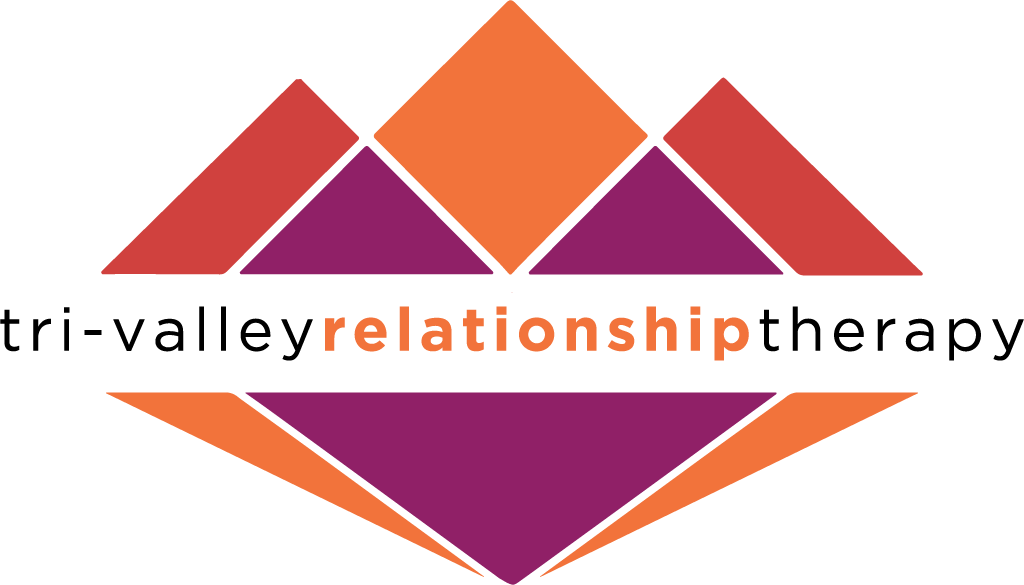Benefits of Couples Therapy for Relationship Issues
Relationship issues carry a lot of weight and can easily overwhelm us. When dealing with relational distress and considering therapy, people often wonder if their relationship issues can be worked on by seeking individual therapy instead of couples therapy. If one partner reaches out to me and expresses an interest in individual therapy to work through relationship issues, depending on their circumstances and their partner’s willingness to engage in working on the relationship together, I usually recommend that they try couples counseling rather than individual therapy.
There are specific situations in which couples therapy might not be the best modality to work through relational distress and I will discuss those in a future blog post. However, if the situation is appropriate and the partners are willing, couples therapy is a much more efficient and effective modality for relational distress.
Here are some benefits of couples therapy over individual therapy for relational issues:
1. Complete picture –
Couples therapy paints a complete picture of the relationship for not only the therapist but also the partners. When one sees a therapist individually for relationship issues, the focus is mainly on the thoughts, feelings, and needs of the partner seeking individual therapy. The therapist is aligned with the individual client instead of the relationship and does not have access to the perspective and pain of the partner who is not in the room. Often, this prevents the individual partner from examining their blind spots or from acknowledging the strengths and attributes of their partner and relationship.
2. Efficient communication-
Couples therapy is a simulation of the relationship in the room because all partners who hold a stake in the relationship are present and engaged. This enables the couples, therapists, to help the couple express their needs, vulnerabilities, and feelings in a much more efficient manner in the here and now. What makes the exchange even more efficient is the real-time feedback that is being given and received. A partner in individual therapy is not able to experience the same benefit because of the absence of their partner in the room and the delay in communicating needs and processing feedback.
3. Lasting change in real-time-
A lot happens during a couples therapy session- partners are expressing needs, showing their feelings, learning how to not trigger each other, reading each other’s bodies and formulating a much more comprehensive understanding of who their partner is, what they want/need and how to better meet those needs to strengthen the relationship. Because of all this happening in real-time, couples working on relational issues via couples therapy tend to make changes that are lasting and less prone to regression.
4. Brings the couple together-
One of the basic foundational pieces of a secure and healthy relationship is the idea of making the relationship the number one priority in one’s life. Couples who can prioritize the relationship over everything and everyone else experience true relational bliss. Couples therapy is symbolic of that priority- it brings the partners together to collaborate and put in the work to repair or revive a relationship that holds the utmost importance in their worlds. It is common for people working on relational issues in individual therapy to feel burned out by being the sole party putting in the majority of the work to save the relationship.
5. Short term/quicker progress-
Couples therapy tends to be more short term than individual therapy because both partners are involved in the process. Change is happening in real-time as partners give and receive feedback. Both sides are finding their voice and the process of couples therapy is focused on the needs, goals, and interests of the relationship as opposed to individual interests. It is not uncommon for couples to get to a good place within 3-6 months of couples therapy whereas individual therapy tends to be more long term.
6. Clarification component-
Couples therapy is a process that not only focuses on repair and renewal of a relationship. It is also useful for couples who are ambivalent about staying in the relationship. If the process is given a chance, it can help clarify for the partners if they are the right fit for each other and also if their vision of a healthy relationship matches with their partner’s vision. By focusing on clarification, rather than repair, the ambivalent partner does not feel the pressure to lean in and push for repair when they are leaning out.
About the author: Nagma V. Clark, Ph.D., L.P.C.C., C.S.T. is an AASECT Certified Sex Therapist and PACT Level II Certified Couples Therapist. She specializes in working with couples & individuals struggling with low or mismatched libido, weak or absent orgasms, performance anxiety, erectile dysfunction, sexual pain, sexuality & aging, general sexual dissatisfaction etc. She also works with people interested in exploring sexual orientation, gender identity, kink, BDSM & polyamory.
